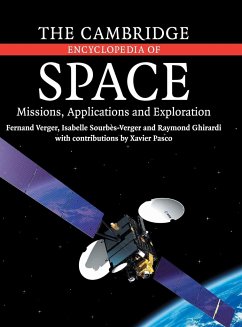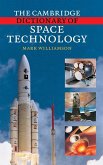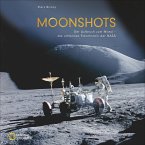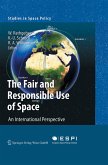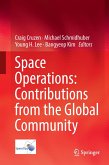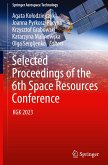Since the launch of Sputnik in 1957, over 8000 satellites and spacecraft have been launched from over 30 countries, costing hundreds of billions of dollars. Over 350 people have made the incredible journey beyond our atmosphere and we all benefit in countless ways from the use of space. This unique Encyclopedia aims to give a global perspective of our occupation and use of space, whether scientific, industrial, commercial, technical or military. After setting the stage by describing the space environment, orbits and ground tracks, launchers and launch sites, the authors go on to discuss the main space applications (telecommunications, navigation and Earth observation, military), plus science missions, planetary exploration and space stations. The wealth of full-colour illustrations make all the information highly accessible, resulting in an invaluable source for everyone interested in our use of space, and the perfect reference book for those working in, or studying, the space arena.
Hinweis: Dieser Artikel kann nur an eine deutsche Lieferadresse ausgeliefert werden.
Hinweis: Dieser Artikel kann nur an eine deutsche Lieferadresse ausgeliefert werden.

